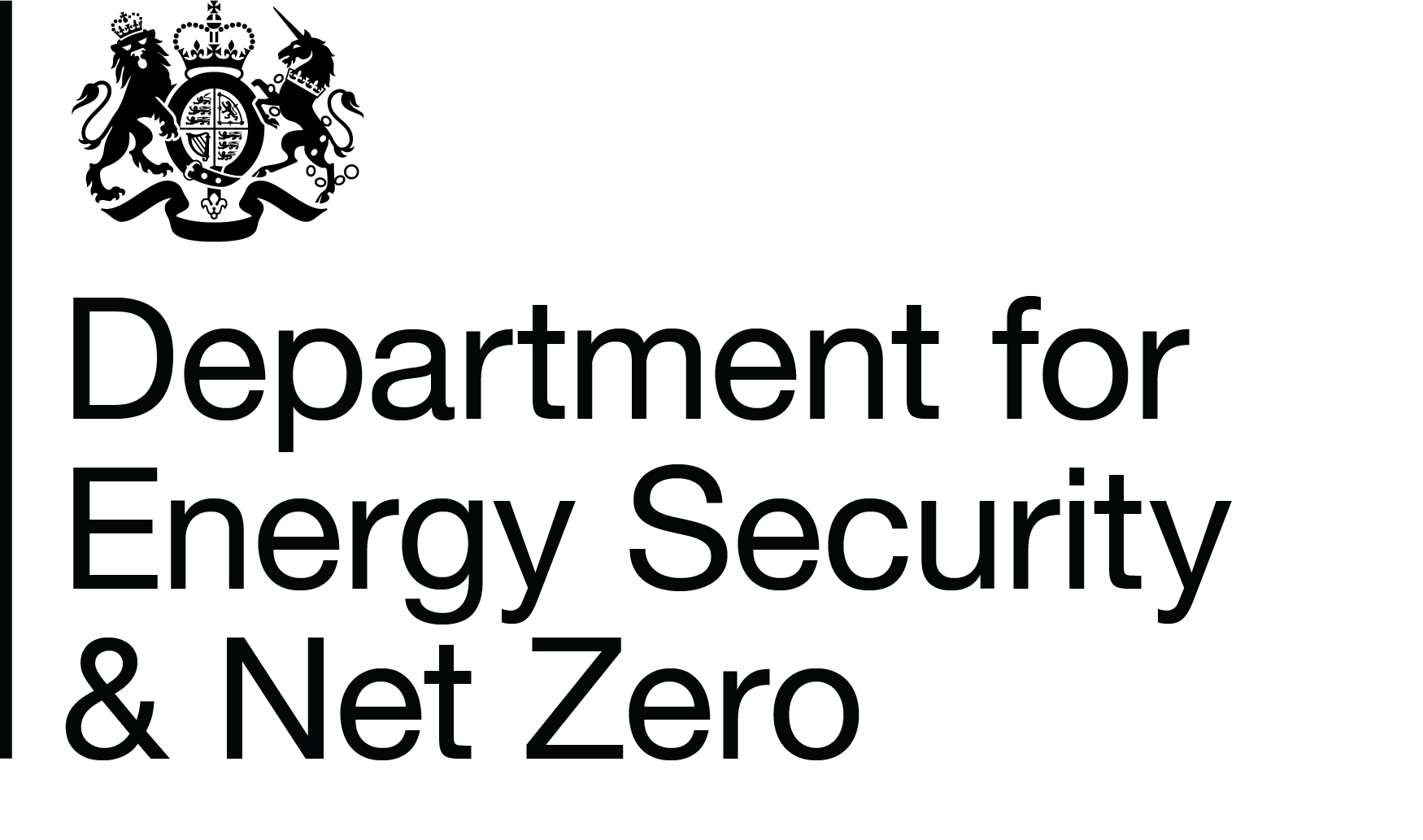Revenue stream for the Nuclear RAB model
Overview
The Nuclear Energy (Financing) Act 2022 (‘the Act’) makes provision for the implementation of a Regulated Asset Base (RAB) model for nuclear energy generation projects. Fundamental to the successful implementation of a nuclear RAB model is a robust revenue stream that ensures a secure and consistent flow of revenues between electricity suppliers and nuclear companies benefitting from the RAB model for the duration of their nuclear project’s regulatory period.
The Act gives the Secretary of State powers to make ‘revenue regulations’ in order to set out the detailed mechanics of how the revenue stream would operate under the RAB model. The Act also places a statutory obligation on the Secretary of State to consult with the persons specified in section 25 of the Act before making revenue regulations. As the consultation will inform drafting of revenue regulations that could support multiple nuclear projects benefitting from the RAB model, responses are also welcomed from any persons with an interest in this policy area.
The consultation document sets out the Government’s proposals regarding how the revenue mechanics would work under the nuclear RAB model. It is proposed that revenue regulations would largely replicate the provisions of the contracts for difference (CFD) revenue regime primarily set out in The Contracts for Difference (Electricity Supplier Obligations) Regulations 2014 (as amended). As a result, one of the primary focuses of the consultation and accompanying questions is on how it is proposed that the revenue regulations would differ from the CFD revenue regime to account for nuclear RAB specific design mechanics. These matters relate to:
- Information sharing mechanics required for the determination of supplier payment obligations under the regulations.
- Wider information sharing provisions required for the effective functioning of the revenue stream.
- The notice period for forthcoming quarterly supplier interim levy rates and reserve amounts.
- Secretary of State directions to offer to contract under section 18 of the Act, including considerations relating to the bespoke nature of revenue collection contracts and certain matters the terms of the revenue collection contract must cover.
- The revenue collection counterparty notifying the Secretary of State if it considers it is unable to carry out its functions.
- The revenue collection counterparty projecting future supplier payment obligations.
- Potential exemptions to supplier payment obligations.
- Potential measures relating to vulnerable groups and consumers in receipt of universal credit.
- The revenue collection counterparty's operational costs.
The purpose of this consultation is to seek views on the proposals set out in the document to inform the policy behind the revenue regulations. It is expected that the consultation will be of particular interest to the statutory consultees named in section 25 of the Act as well as nuclear developers and other stakeholders who would be directly affected by the proposals for the revenue regulations.
Read the consultation document on GOV.UK.
Why your views matter
BEIS are seeking responses on the specific questions set out in the consultation document, so that they can be taken into account by the Secretary of State when preparing the draft revenue regulations.
What happens next
We intend to publish a government response on the outcome of the consultation and how we will take the responses into account in the draft revenue regulations ahead of laying them before Parliament.
Audiences
- Anyone from any background
Interests
- Business investment
- Carbon budgets
- Carbon capture and storage
- Carbon markets
- Carbon neutrality
- Carbon offsetting
- Climate change
- Coal
- Coal
- Competitiveness
- Consumer rights
- Distributed energy and heat
- Distributed energy and heat
- Effectiveness
- Efficiency
- Electricity
- Electricity
- Emissions
- Energy and climate change
- Energy and climate change
- Energy efficiency
- Energy efficiency
- Fuel poverty
- Fuel poverty
- Growth
- Housing
- Housing
- Innovation
- International
- International
- Investment
- Nuclear
- Nuclear
- Oil and Gas
- Oil and gas
- Productivity
- R&D
- Regulation
- Renewable energy
- Renewable energy
- Research
- Saving energy
- Saving energy
- Security and resilience
- Security and resilience
- Simplification
- Stability
- Taxation

Share
Share on Twitter Share on Facebook